The Secret Ingredient in a Slovenian Valley’s Food and Wine Is Wind
The burja dries ham, keeps grapes free from mold, and—occasionally—knocks over a truck.
On a warm spring day in Slovenia, in an elegant manor surrounded by vineyards, 150 vintners gather to celebrate the wines of their small but fertile valley. They’re here to taste and discuss wine for the Flavors of Vipava Valley festival. As the afternoon goes on, a soft whistle begins to whisper through the trees. At first the attendees barely notice it, then it gets louder, rushing up the hill. The Vipavans lift their glasses in approval, for this very wind is one of the special ingredients that makes their wine distinctive.
It’s not just any wind. The burja, as it is known, is a cold drop of air that pours down from the Alps into the Vipava valley, where it meets the thermal air rising from the Adriatic sea. It blows for just under a third of the year and has reached hurricane speeds of 200 kilometers (about 124 miles) per hour. It has knocked trucks off the road, swept people off their feet, and once lifted soil from fields and planted seeds on the other side of the valley. Records have mentioned it dating back to ancient Rome, and it has defined local life, architecture, food, and wine ever since.
“When we build houses here we don’t have technical inspections, we just wait for the first burja to arrive,” Primoz Kante, a Vipava resident, says.
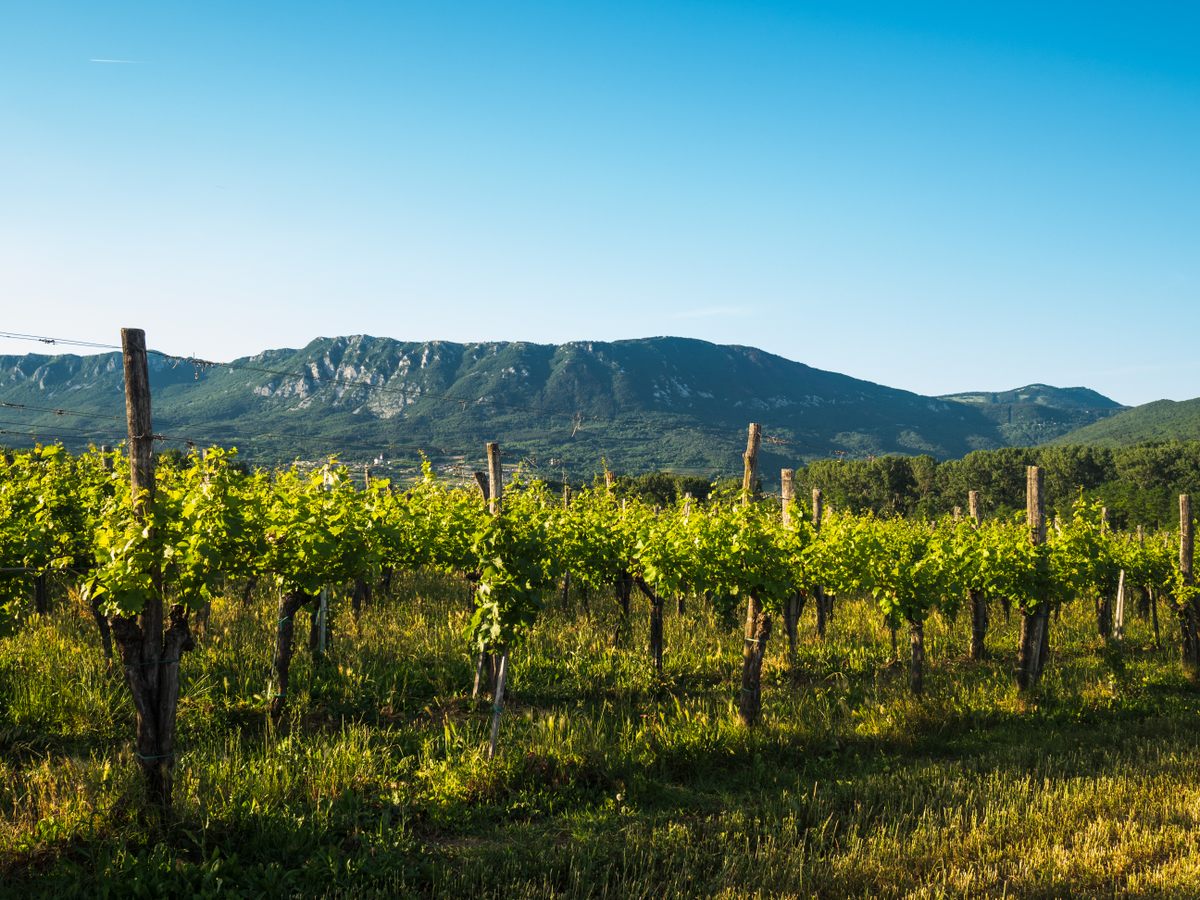
Winemakers welcome the harsh wind like an old friend. Many rely on the burja to keep their grapes dry and free of mold. This dryness, alongside other factors such as terroir and unique local grape varieties, produces a distinctive buttery flavor in white wines that Slovenes call masleno.
Ivi and Edvard Svetlik produce a heady amber wine in the Vipava valley. They macerate their grapes with the skins, seeds, and stems. They don’t add any chemicals, and it is only the burja that does the work of drying the grapes. While it is common practice for winemakers to use pesticides on their vines and sulfites to stop the fermentation process, in Vipava, the wind means that hardly anyone needs to spray their vines with pesticides or fungicides.The resulting wines are natural and organic. Ivi Svetlik believes the lack of chemicals in this process “makes you feel better inside.” Even the hangovers are more bearable, though this could also be the cool breeze in the face.
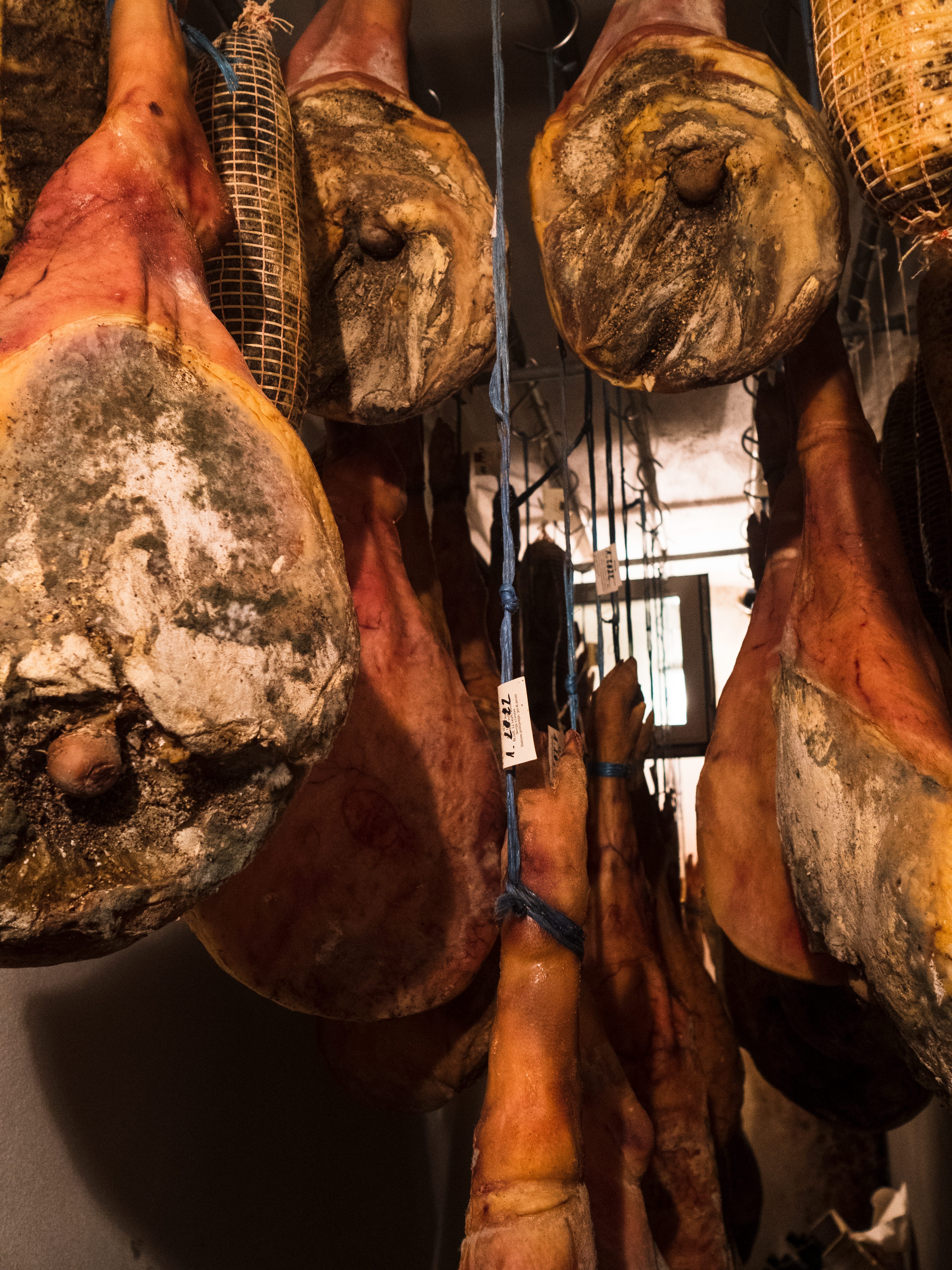
Primož Lavrenčič even named his wine estate “Burja” in tribute to the wind that has long brought the region good fortune. He proudly tells the legend of how the burja came to the defense of the valley in 394 AD, when it was said to have blown the Roman army’s arrows the wrong way. Lavrenčič’s Burja Bela blend of Malvazija, Rebula, and Vipavec grapes even tastes as though wildflowers, pollen, and pine resin blown in the wind have seeped into the essence of the grapes.
With windy wine comes windy food. In Vipava and in the nearby Italian city of Trieste, where the burja also blows, locals hang hams in their attics and leave them to be dried by the wind blowing through the open windows. Unlike prosciutto, which is smoked, the flavors of wind-dried ham are more natural and delicate. At Faladur, a restaurant in Vipava, Matej Lavrenčič fries his wind-blown hams into a rich crackling that he sprinkles over a fermented turnip stew called jota.

Lavrenčič also produces burjiata mozzarella (pronounced bor-yiata), his take on the exceedingly creamy Italian burrata but named in tribute to the burja and often hung up alongside the hams. He serves his with olive oil from this region; visitors will notice that his olive trees have their branches on only one side, the other half bare from bracing against the burja.
But this once-powerful wind is weakening. Before, the burja was so strong that residents piled rocks on their roof tiles or, in Trieste, attached ropes to city walls to keep themselves from being whisked away. No longer essential, these protective measures are starting to disappear.
Peter Lisjak, a local producer of wind-blown ham and wine, worries that rising temperatures from global warming are to blame for the wind losing its strength. Even with a weakened wind and an uncertain future, Vipava residents remain grateful for their star ingredient. As Lisjak says, “the Burja is good for us.”
Gastro Obscura covers the world’s most wondrous food and drink.
Sign up for our regular newsletter.



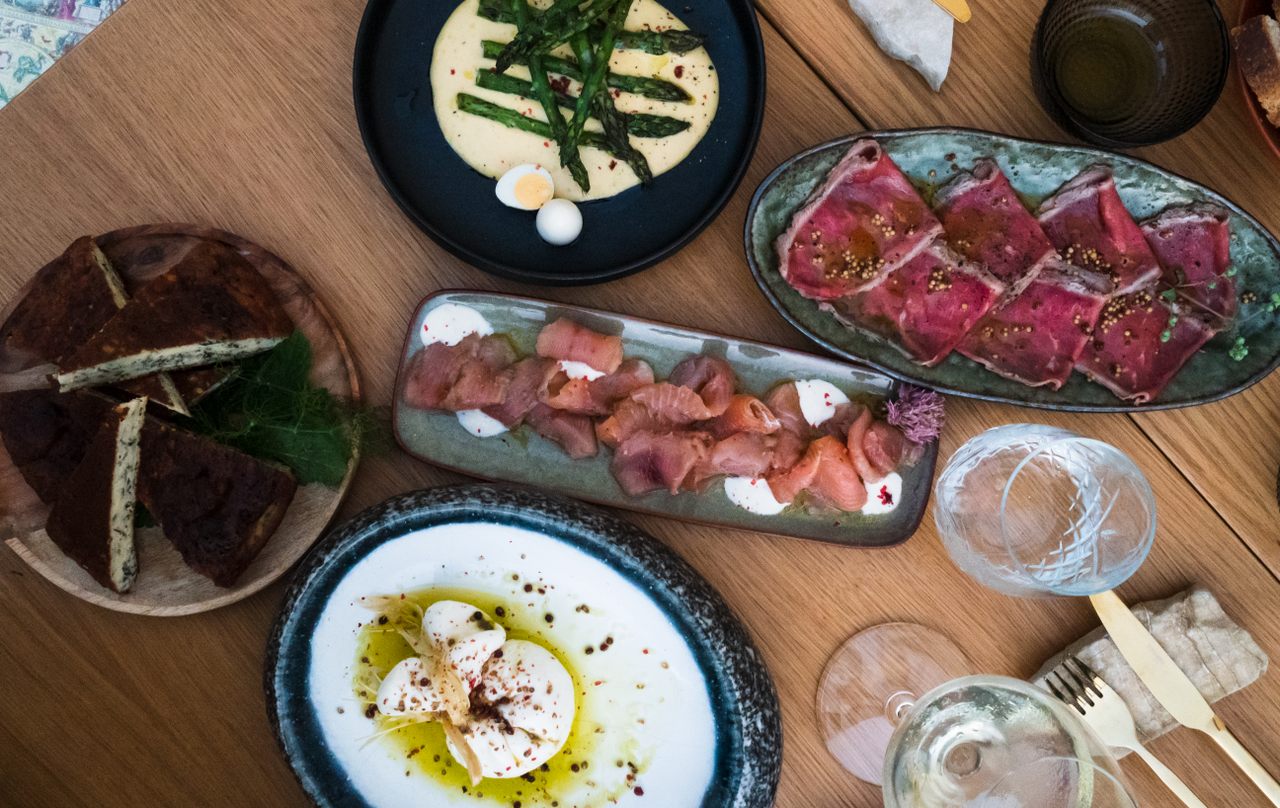
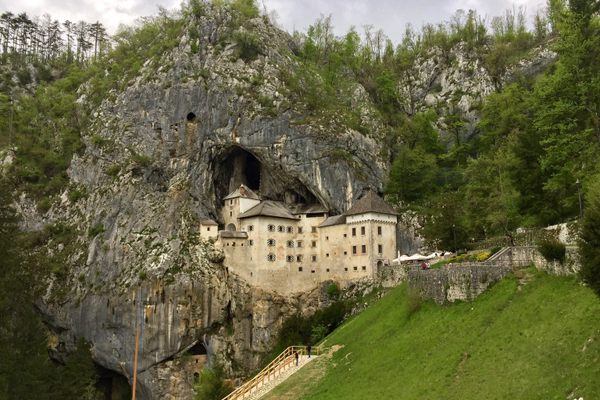

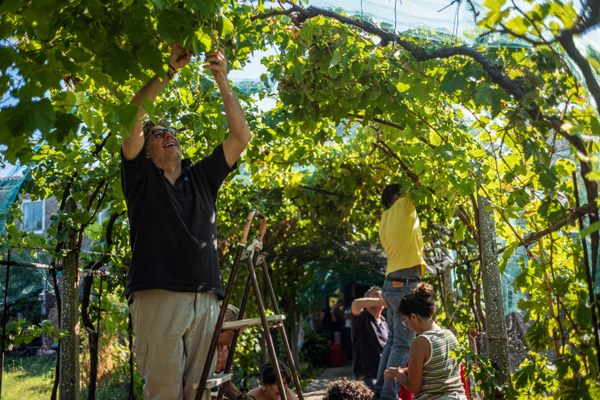

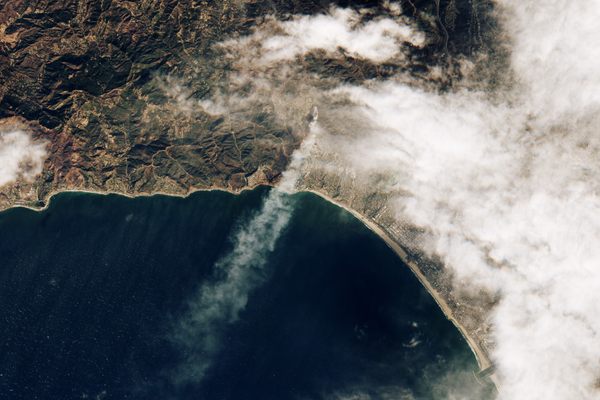







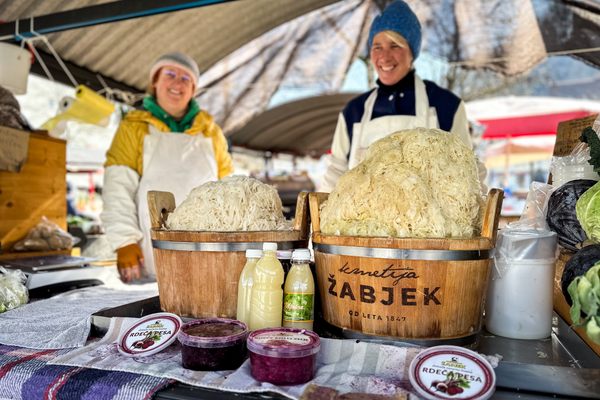
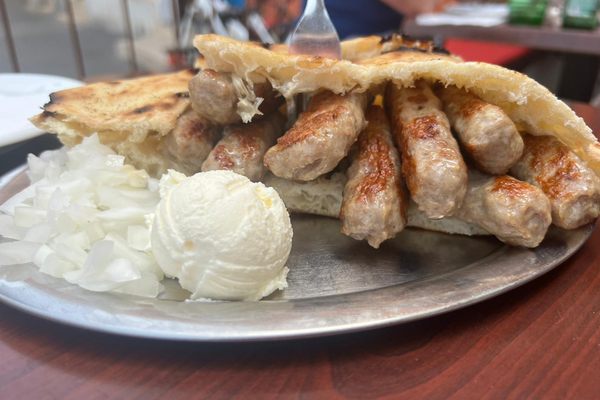



Follow us on Twitter to get the latest on the world's hidden wonders.
Like us on Facebook to get the latest on the world's hidden wonders.
Follow us on Twitter Like us on Facebook